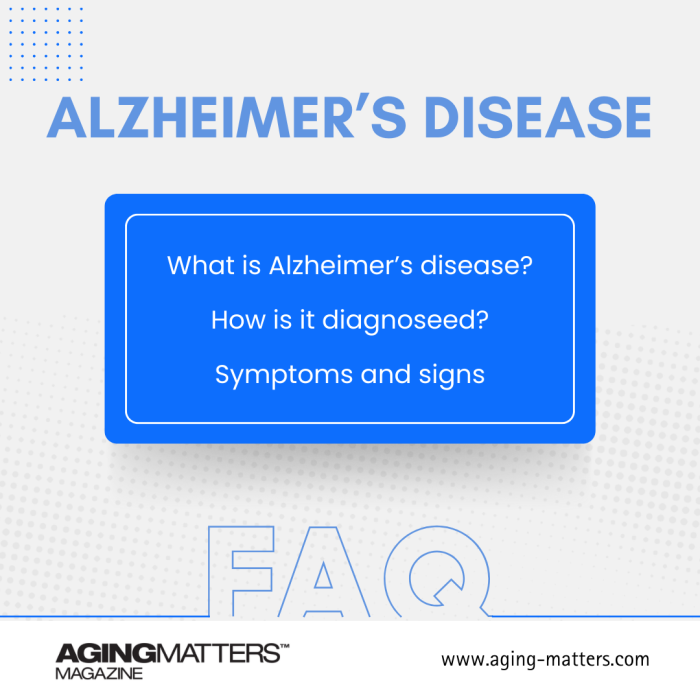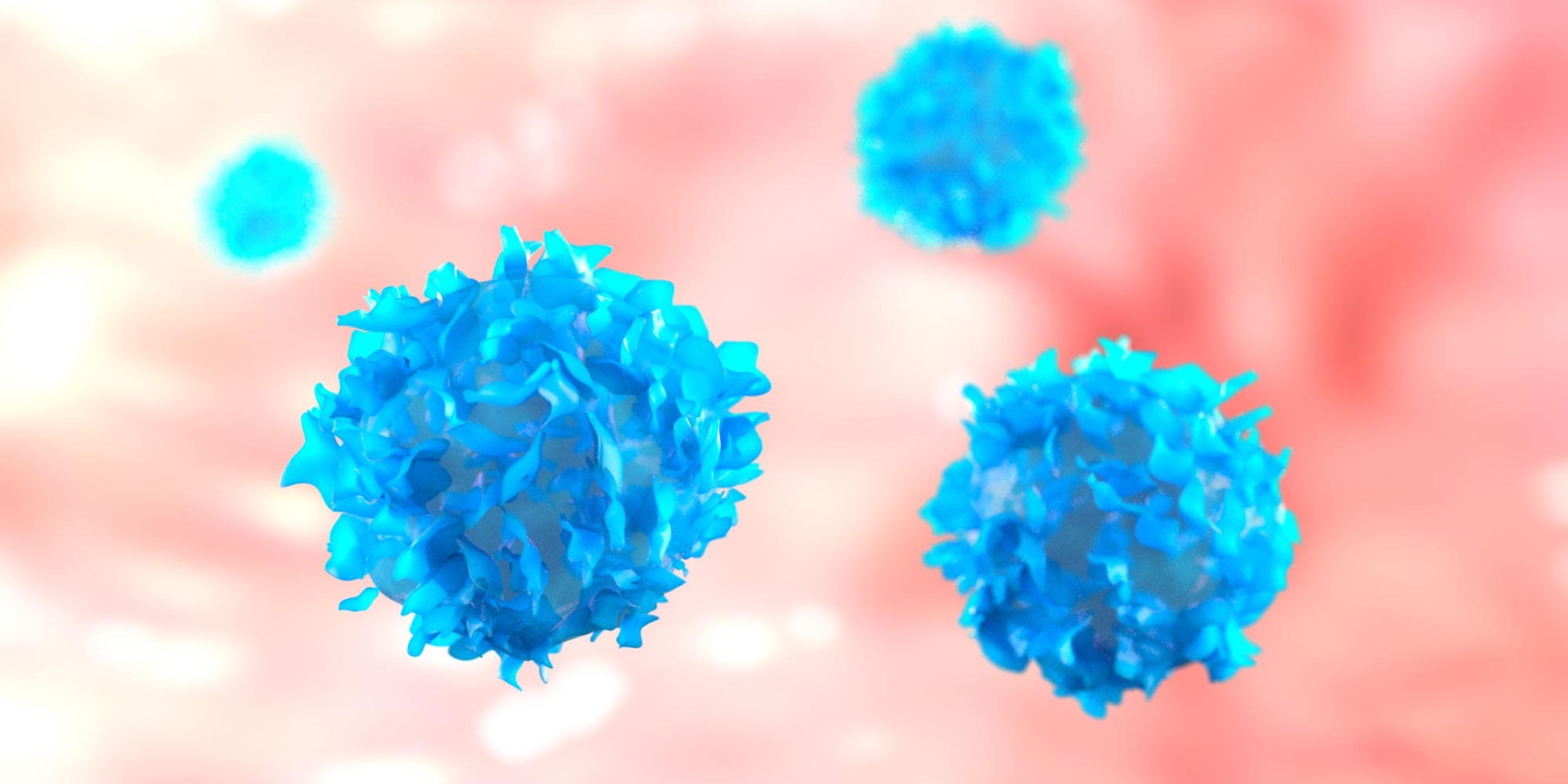
All about Alzheimer’s Disease
October 15th, 2024What is Alzheimer’s disease?
The name ‘Alzheimer’s disease’ is used to describe a neurological disorder that primarily affects the brain. It is a progressive disease with no known cure at this moment in time.
Alzheimer’s disease, which is the most common cause of dementia in older adults, leads to a decline in memory, cognitive function and also leads to changes in behavior. Whilst it is primarily seen in those above the age of 65, there are also conditions such as Sanfilippo Syndrome which affect younger people and even children (although these are not Alzheimer’s disease).
Alzheimer’s disease is a progressive neurological disorder that affects primarily the brain, leading to a decline in cognitive function, memory loss, and behavioral changes. It is the most common cause of dementia in older adults.
Causes and Risk Factors
- Age: The risk of developing Alzheimer’s disease increases with age, and it is most commonly seen in people over 65.
- Genetics: Family history and certain genetic factors can increase the risk of developing Alzheimer’s. Mutations in genes such as APP, PSEN1, and PSEN2 are associated with early-onset familial Alzheimer’s disease.
- Lifestyle: Cardiovascular health, physical activity, diet, and social engagement may also influence the risk.
Pathophysiology of Alzheimer’s disease
Alzheimer’s disease is identified by deposits of abnormal proteins in the brain – these are called “beta-amyloid plaques” and “tau tangles” (so named due to abnormal forms of tau protein clinging to other, “normal” tau proteins inside neurons causing “tangles”).
As this accumulation of “tangles develop, brain cells start to die as their communication is disrupted.
Symptoms
Early symptoms include mild forgetfulness and difficulty undertaking with familiar tasks such as dressing or shopping.
As the disease progresses, individuals may experience:
- Severe memory loss
- Confusion and disorientation
- Mood and personality changes
- Difficulty with language and communication
- Impaired reasoning and judgment
- Trouble with motor skills
- In the later stages, individuals often require full-time care.
The 7 Stages of Alzheimer’s
It is commonly accepted that there are 7 defined stages of Alzheimer’s disease [1]. These stages do not last for a defined period; some individuals may progress very quickly and others at a slower pace. As such, it can take time for those who may not exhibit rapid progression to receive a diagnosis of Alzheimer’s.
- Stage 1 – classed as “pre-clinical Alzheimer’s”, Stage 1 is the period before any symptoms appear, but the accumulation of abnormal proteins in the brain is occurring. Some people can be in this stage for many years before Stage 2 begins.
- Stage 2 – Basic forgetfulness sets in – it is very difficult to define this stage as definite Alzheimer’s as we all forget things, not just with aging but in general. However, as this stage progresses, the person in question may start forgetting things such as names of friends or colleagues, or where they have put items that they have previously known the location of (like where they put their car keys). At this point, an individual will most likely still be able to work, socialize, drive etc.
- Stage 3 – someone entering Stage 3 of Alzheimer’s will start to have noticeable problems with their memory that can’t just be explained as aging or tiredness. For example, they may forget longstanding plans, be unable to organize their daily routine, forget programs they have recently watched on TV etc. As this stage progresses, they will most likely find their work life becomes harder.
- Stage 4 – When an individual enters Stage 4, the damage being done in the brain starts to envelop other areas away from memory and cognition. This can include language, the ability to perform basic maths or further problems with organization. You may notice unusual behavior patterns such as wandering, poor sleep and confusion with the days of the week or time of day. The individual may also feel unreasonably suspicious of the motives of others, be depressed or be uninterested in people or pastimes they have previously enjoyed.
- Stage 5 – independence suffers – sadly, at this point, independence starts to fall away as the sufferer is likely to be unable to perform self-care tasks without help, such as dressing, washing or using the toilet. They may not remember how or be unable to organize themselves to do these tasks. Most likely they will also be unsafe to drive and unable to work or socialize well; they may also find socializing difficult due to memory problems, hallucinations, paranoia, or delusions.
- Stage 6 – stage 6 tends to show severe symptoms of Alzheimer’s – these include decline in communication skills, increased anxiety, paranoia, or delusions. People in this Stage of Alzheimer’s may be very hard to talk to or reason with, and they may become frustrated with others for trying to help even when it is required.
- Stage 7 – Physical and mental impairment. By this point, the damage in the brain is significant and sadly the individual may need care all the time. Their physical bodily functions may also start to shut down, with basic functions such as swallowing or walking eroding over time.
Diagnosis of Alzheimer’s disease
- Alzheimer’s is typically diagnosed through a combination of medical history, cognitive assessments, neurological exams, and brain imaging (e.g., MRI or PET scans).
- A definitive diagnosis can only be made post-mortem through examination of brain tissue.
Treatment
- Currently, there is no absolute cure for Alzheimer’s disease. Treatment focuses on managing symptoms and slowing the progression of the disease.
- Conventional medications like cholinesterase inhibitors and NMDA receptor antagonists may be prescribed to help with cognitive and behavioral symptoms.
- Alternative approaches such as supplementing with peptide bioregulators, NADH and cognitive enhancers have also seen success.
- Non-pharmacological approaches such as cognitive stimulation therapy and physical exercise can also be beneficial.
Caregiving and Support
- Alzheimer’s can be emotionally and physically challenging for both the affected individual and their caregivers.
- Support groups, counseling, and respite care services are available to help caregivers cope with the demands of caregiving.
Research and Future Outlook
- Ongoing research is exploring potential therapies and preventive strategies for Alzheimer’s disease, including lifestyle modifications, immunotherapies, and drugs targeting the underlying disease mechanisms.
- Early detection and intervention are critical for managing the disease effectively.
Awareness and Advocacy
Various organizations, such as the Alzheimer’s Association in the US or the Alzheimer’s Society in the UK, advocate for increased awareness, research funding, and support for individuals and families affected by Alzheimer’s.
Prevention
While there is no guaranteed way to prevent Alzheimer’s [2], some lifestyle factors that may lower the risk include a healthy diet, regular exercise, mental stimulation, and managing cardiovascular risk factors like high blood pressure and diabetes.
It’s important to note that Alzheimer’s disease is a complex and devastating condition that affects not only the individual but also their loved ones. Research and public awareness efforts continue to advance our understanding of the disease and improve the quality of care and support available to those affected.
Resources
[1] Clinical Stages of Alzheimer’s – Fisher Center for Alzheimer’s Research Foundation
[2] Alzheimer’s disease – NHS UK







